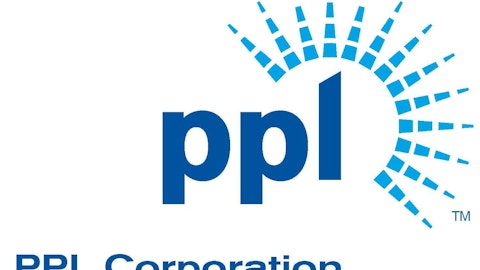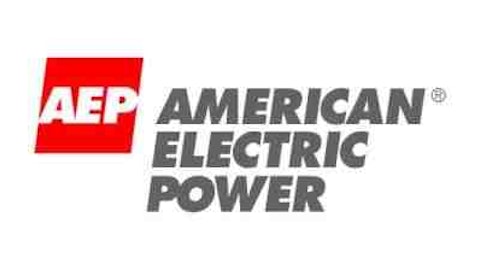Should Kellogg Company (NYSE:K) investors track the following data?
To many traders, hedge funds are viewed as bloated, old investment tools of a forgotten age. Although there are over 8,000 hedge funds in operation currently, Insider Monkey focuses on the aristocrats of this group, about 525 funds. It is assumed that this group controls the majority of the smart money’s total assets, and by watching their highest performing investments, we’ve unsheathed a number of investment strategies that have historically outpaced the S&P 500. Our small-cap hedge fund strategy outperformed the S&P 500 index by 18 percentage points per year for a decade in our back tests, and since we‘ve began to sharing our picks with our subscribers at the end of August 2012, we have outperformed the S&P 500 index by 33 percentage points in 11 months (see all of our picks from August).
Equally as crucial, positive insider trading activity is another way to look at the stock market universe. There are many reasons for an executive to downsize shares of his or her company, but just one, very clear reason why they would behave bullishly. Several empirical studies have demonstrated the valuable potential of this method if investors understand where to look (learn more here).
What’s more, let’s analyze the latest info surrounding Kellogg Company (NYSE:K).
How have hedgies been trading Kellogg Company (NYSE:K)?
Heading into Q3, a total of 17 of the hedge funds we track held long positions in this stock, a change of -6% from the first quarter. With the smart money’s capital changing hands, there exists an “upper tier” of key hedge fund managers who were upping their stakes meaningfully.

As Kellogg Company (NYSE:K) has faced bearish sentiment from the entirety of the hedge funds we track, it’s safe to say that there is a sect of money managers who were dropping their entire stakes heading into Q2. Intriguingly, Mark Kingdon’s Kingdon Capital dumped the biggest stake of the “upper crust” of funds we track, comprising about $11.3 million in call options.. Bart Baum’s fund, Ionic Capital Management, also sold off its call options., about $5.9 million worth. These bearish behaviors are intriguing to say the least, as total hedge fund interest was cut by 1 funds heading into Q2.
What do corporate executives and insiders think about Kellogg Company (NYSE:K)?
Legal insider trading, particularly when it’s bullish, is best served when the primary stock in question has seen transactions within the past 180 days. Over the last half-year time frame, Kellogg Company (NYSE:K) has experienced zero unique insiders purchasing, and zero insider sales (see the details of insider trades here).
We’ll also examine the relationship between both of these indicators in other stocks similar to Kellogg Company (NYSE:K). These stocks are The J.M. Smucker Company (NYSE:SJM), Campbell Soup Company (NYSE:CPB), ConAgra Foods, Inc. (NYSE:CAG), Mead Johnson Nutrition CO (NYSE:MJN), and General Mills, Inc. (NYSE:GIS). This group of stocks are the members of the processed & packaged goods industry and their market caps are similar to K’s market cap.





